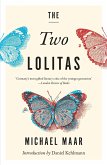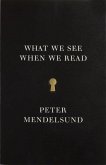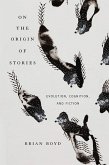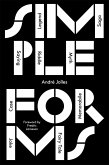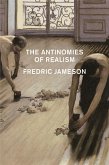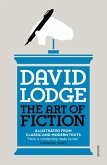"At a time of debate about the future of "English" as a discipline and the fundamental methods of literary study, few terms appear more frequently than "close reading." But what exactly is close reading, and where did it come from? Here John Guillory, author of the acclaimed Professing Criticism, takes up two puzzles. First, why did the New Critic--who supposedly made close reading central to literary study--so seldom use the term? And second, why have scholars not been better able to define close reading? Guillory treats these as intertwined puzzles. In fact, the purported fathers of close reading, he argues, weren't aiming to devise a method of reading at all. And this lack of specificity is one of close reading's greatest virtues. As our first reader says, "What is likely to attract the greatest attention and inspire the most heated debate is [Guillory's] argument that the so-called method wars have failed to appreciate how much close reading should be understood as a non-ideological technique, a practice that cannot be prescribed simply in words but that relies on the imitation and emulation that are central to education." Guillory's short book will be essential reading for all college teachers of literature. An annotated bibliography provides a guide to key documents in the history of close reading and a valuable resource for further research"--
Hinweis: Dieser Artikel kann nur an eine deutsche Lieferadresse ausgeliefert werden.
Hinweis: Dieser Artikel kann nur an eine deutsche Lieferadresse ausgeliefert werden.



